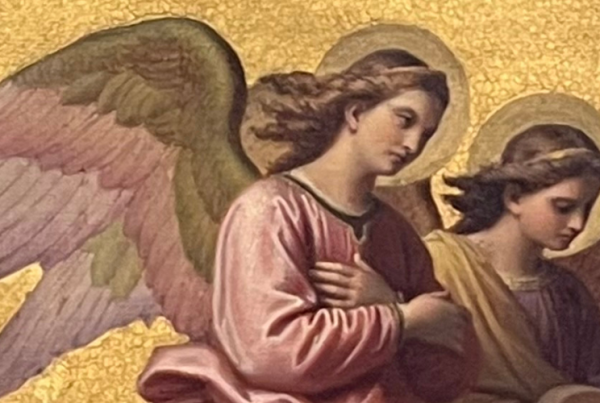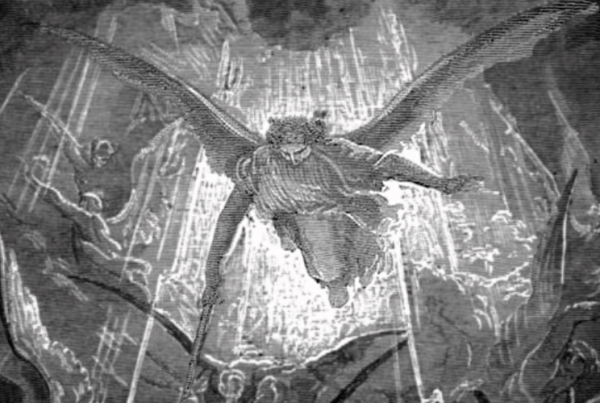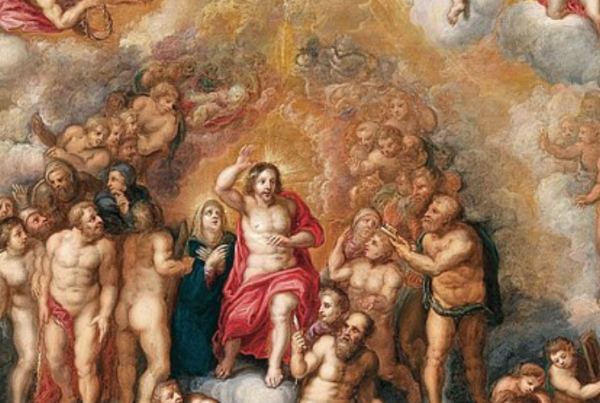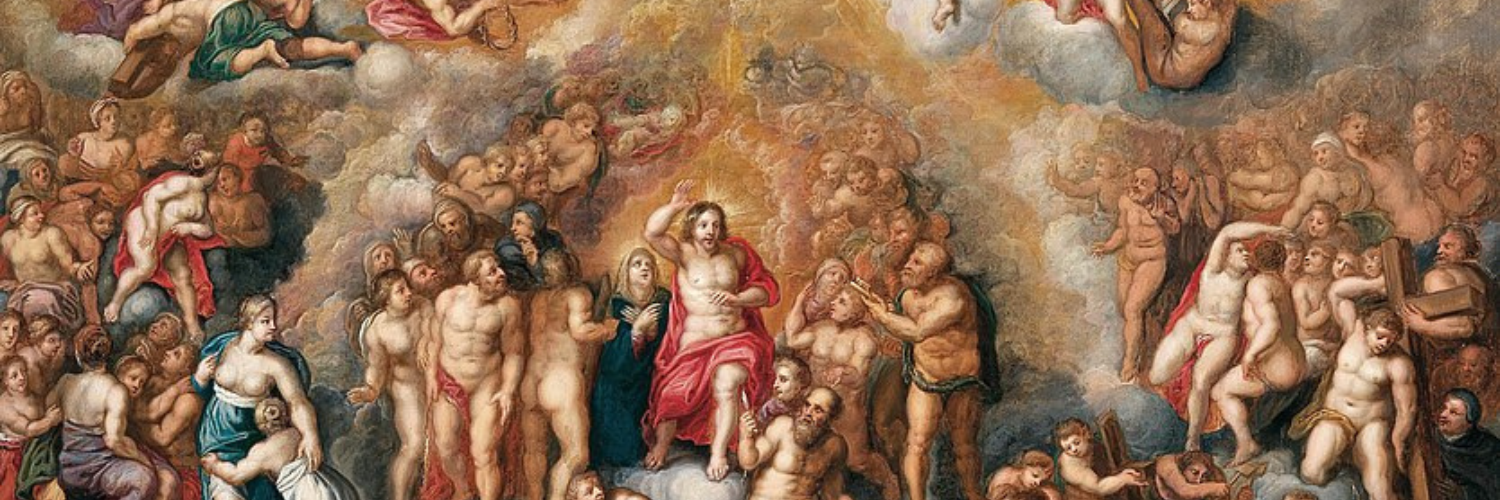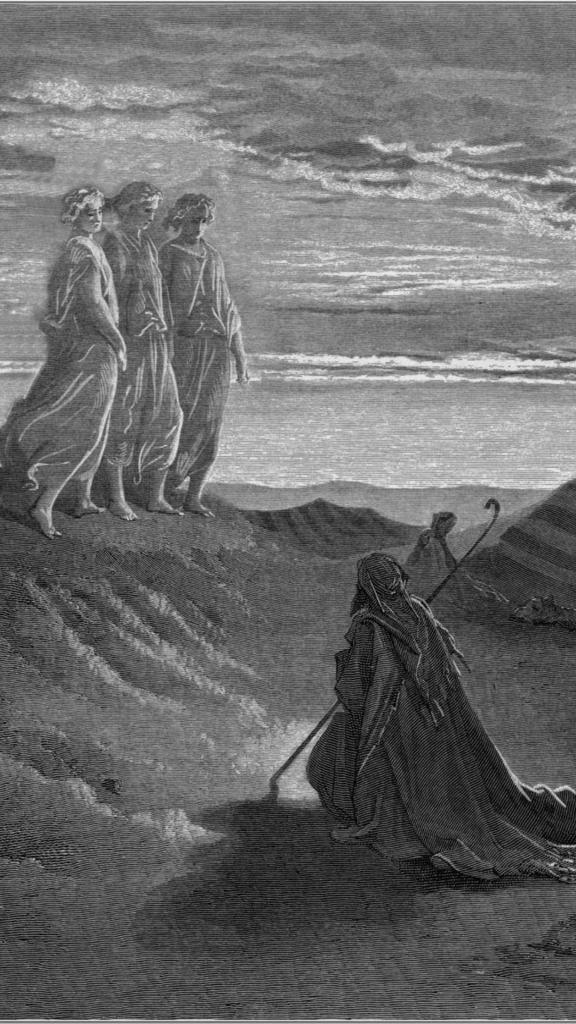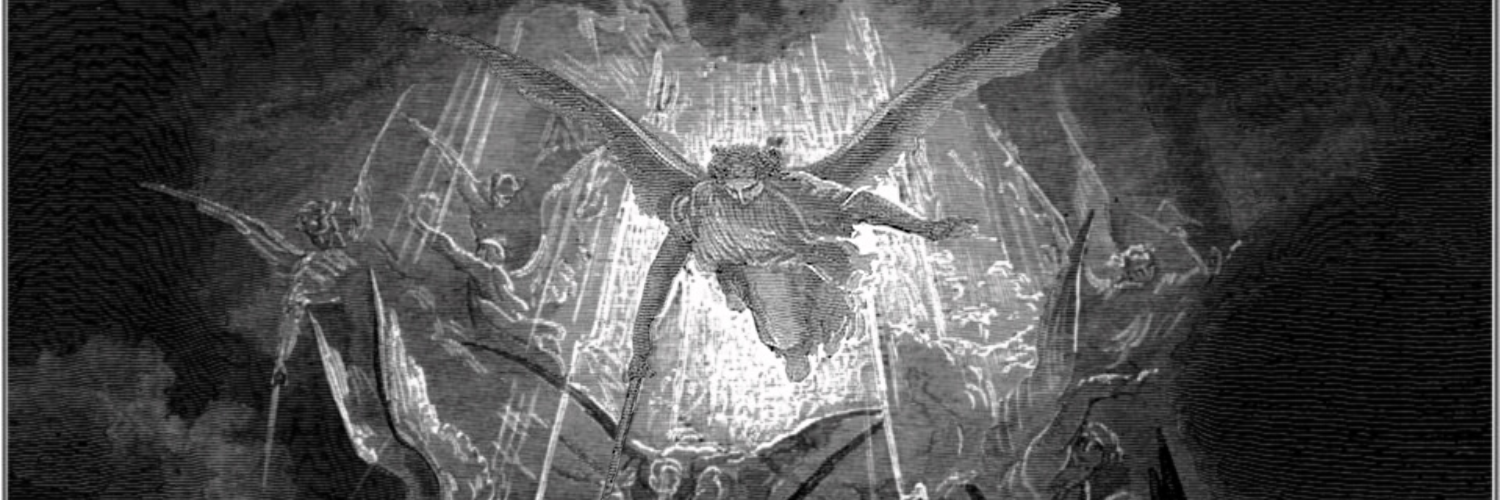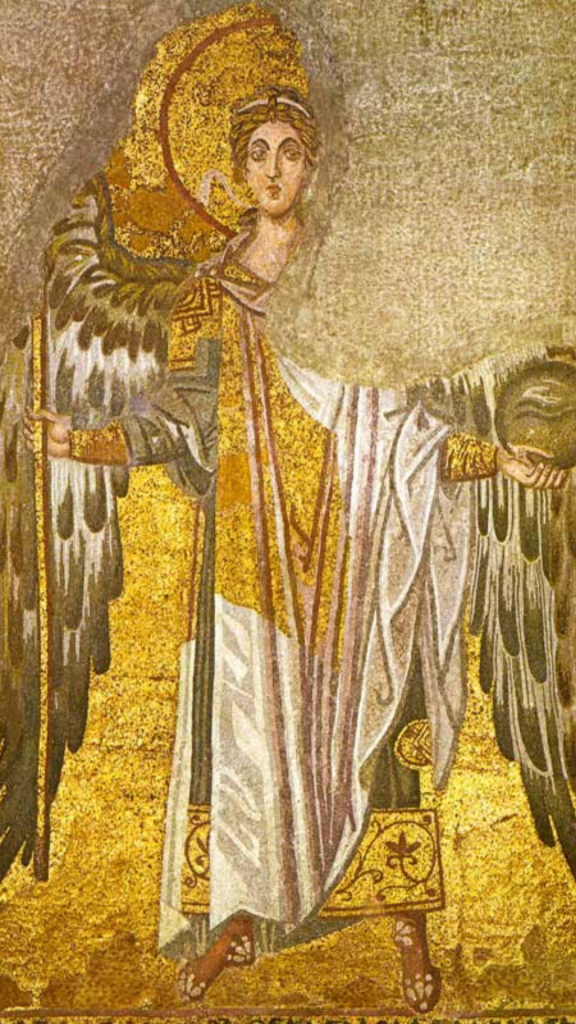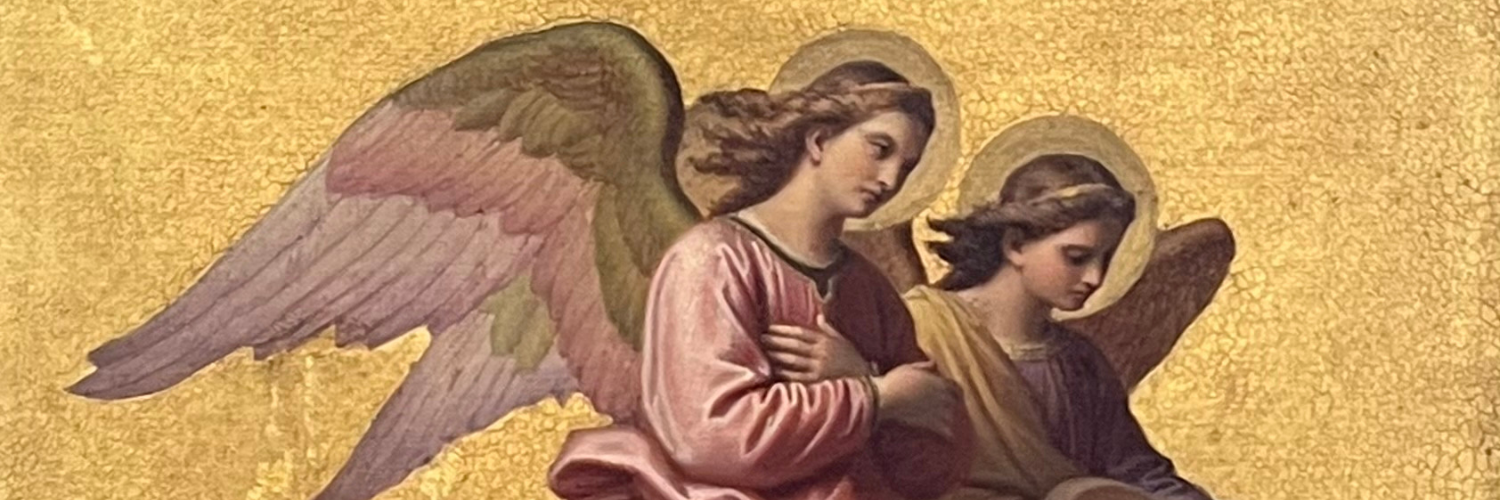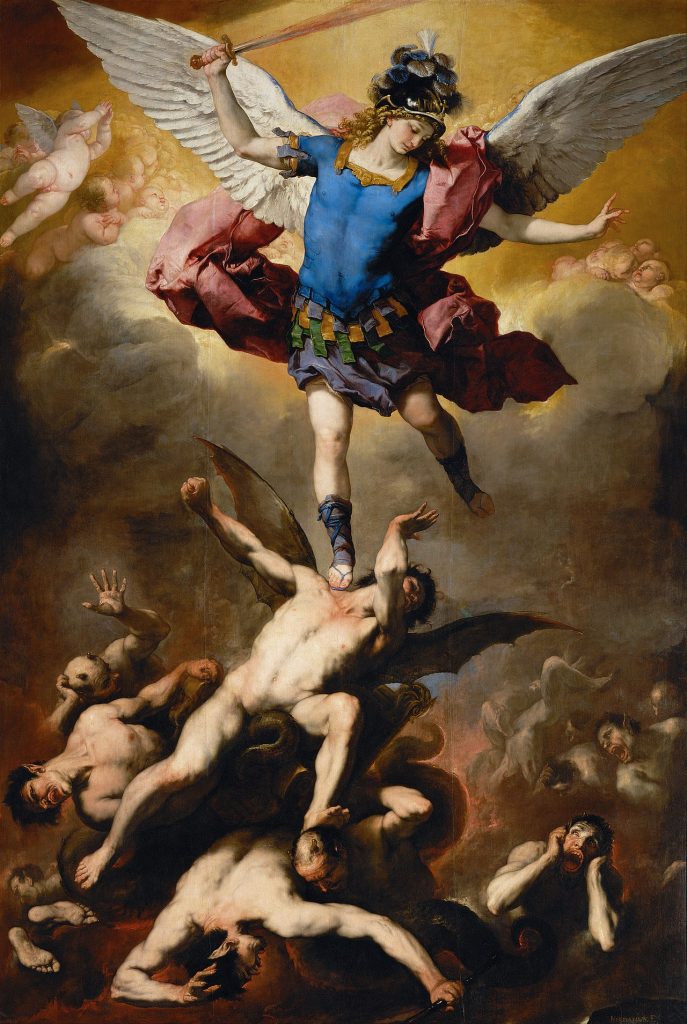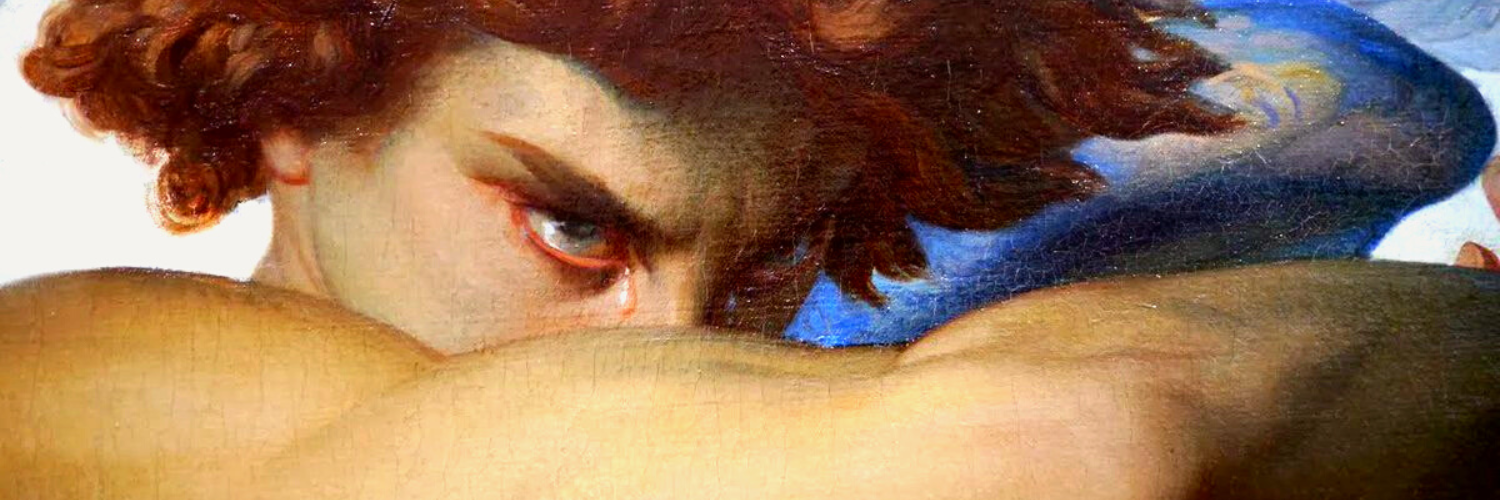
God Does Not
Hate Satan
Fr. Paul Stein
While it sounds crazy to the contemporary mind, God does not hate Satan. God’s love encompasses even Satan, as it extends to all beings without exception. However, God condemns what Satan is doing and abhors what Satan has done to himself. Love doesn’t mean approval of another’s thoughts and actions.
Satan is a fallen angel known initially as Lucifer. The answer to “what is Satan,” is “an angel,” albeit one that has freely chosen to reject God. Each angel only exists because God created and sustains him in existence (please see the prior Behold article “Evil Doesn’t Have Being”). Satan is not equal and opposite to God; Satan is but a creature, a being sustained in existence by Being Itself (i.e. God).
To that end, God does love Satan, God is love, and everything he does is loving. Even when God condemns a creature to hell, it is an act of love. Questions this author has heard is: will God forgive Satan? Can Satan eventually get out of hell and go back to heaven? The answer is that Satan will not and cannot repent and thus does not want to be forgiven. Satan’s condemnation to hell is permanent.
The reason is that Satan is an angel, not a human. An angelic intellect is similar and yet different than a human one. In contrast to humans who, at least on earth, do not fully comprehend the implications of their decisions, an angel fully understands the scope and implications of his decisions. An angelic decision is always a permanent one. For that reason, Satan’s rebellion and rejection of God is eternal; he will not change his mind and repent. In contrast, humans change their minds all the time; they are capable of repentance.[1] It is important to remember that no creature has a claim on God’s mercy without repentance; otherwise, for what is he asking forgiveness?
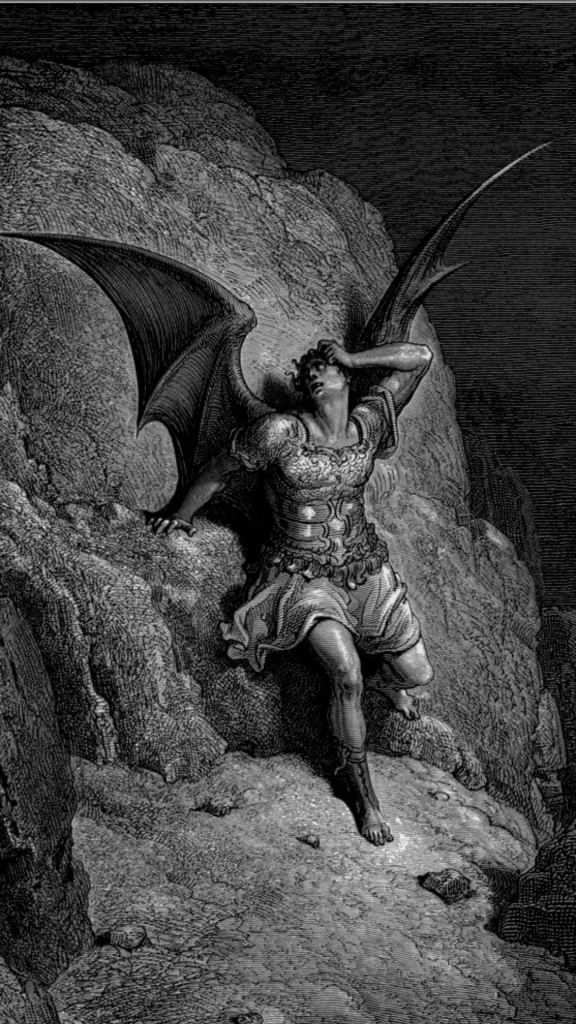
Sometimes we misconstrue God’s condemnation of Satan and the other fallen angels/demons to hell as somehow cruel or unloving. The following is this author’s speculation:
It stands to reason that if Satan and the demons reject God…then if God forced them to be in his presence in heaven, he would be forcing them, in a way, to suffer even more than by sending them to hell. While it is true that God is, metaphysically speaking, present in hell – since nothing can exist outside of God sustaining it – those in hell have no sense of his presence whatsoever. In a way, God sending Satan and the demons to hell was an act of mercy. Satan and the demons do not want to sense God’s presence.
Both humans and angels are made for God, they have an inbuilt desire and need for God to be happy. To be without God forever is misery. Additionally, sins have their own consequence (see the article “Why God Can’t Forgive and Forget”). Because sin is contrary to both human nature and angelic nature, one cannot escape the punishment for sin. A habitual liar is deeply wounded and cannot appreciate the truth; others do not trust a habitual liar and he is, in many ways, alone. Hell is a state of existence where each creature is totally self-absorbed, blaming God, and ready to devour or dominate the person next to him.[2] The suffering is double: eternal separation from God and the suffering caused by one’s sins.[3]
In the end, God is simple, meaning, he isn’t made of parts. You cannot say this is one part of God and that is a different part of God. For that reason, God’s mercy is his justice. They are not opposites; it is we humans who perceive them as opposites as they affect us. Purgatory for humans is simultaneously God’s healing us (mercy) for the self-inflicted damage through sin and divine justice, the consequences of our sins. We will be judged just as a doctor makes a judgment of his patient’s condition. For example, if you eat gluttonously and put on fifty pounds, it is going to take measured eating and exercise to lose those fifty pounds. Hence the expression from the gym: no pain, no gain.
Is hell a punishment? Yes, and a horrific one at that. It results from the rejection of God that is sin; yet, that punishment is effectively built into creation itself. God sent Satan and all the demons to hell; can he do that to us? Yes.
Both humans and angels are made
for God,
they have an inbuilt desire and need for God to be happy
What This Means For Us
Unlike Satan who will not and cannot repent, we humans can repent. We should recognize the insane love of God who cherishes all his creatures, and we should repent of all our sins. We should recognize that if we wind up in hell, it is because we have rejected God despite all he has done and does to animate us to return to him. C.S. Lewis’s characterization of hell quite well: “hell is locked from the inside.”[4]
Footnotes
[1] Why humans condemned to hell will not change their minds and repent even when in hell is a closely related, but different topic.
[2] This author sometimes asks in preaching: what would happen if God transported us to heaven, right now, just as we are? Would heaven be wonderful? The answer is universally “no.” Because we are sinners with sinful tendencies. We are the ones who gossip about each other, lie to each other, and steal from each other. If we were to suddenly arrive in heaven together without being transformed in Christ Jesus to be perfectly holy, then heaven would be a wonderful way to exist forever. That is why God is so good as to purge people after death. Purgatory is an amazing gift for those who are not bound for hell, but not yet ready for heaven.
[3] The Catechism teaches that there is “chief” punishment (separation from God), and hence secondary punishment of hell: “The teaching of the Church affirms the existence of hell and its eternity. Immediately after death, the souls of those who die in a state of mortal sin descend into hell, where they suffer the punishments of hell, ‘eternal fire.’ The chief punishment of hell is eternal separation from God, in whom alone man can possess the life and happiness for which he was created and for which he longs.” (CCC #11035)
[4] “To die in mortal sin without repenting and accepting God’s merciful love means remaining separated from him forever by our own free choice. This state of definitive self-exclusion from communion with God and the blessed is called ‘hell’”(CCC #1033, italics added).
For Further Reading On This Topic
